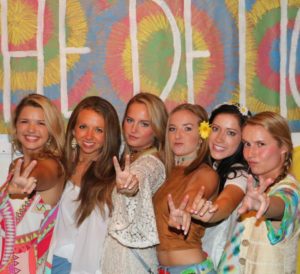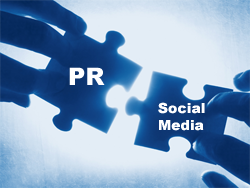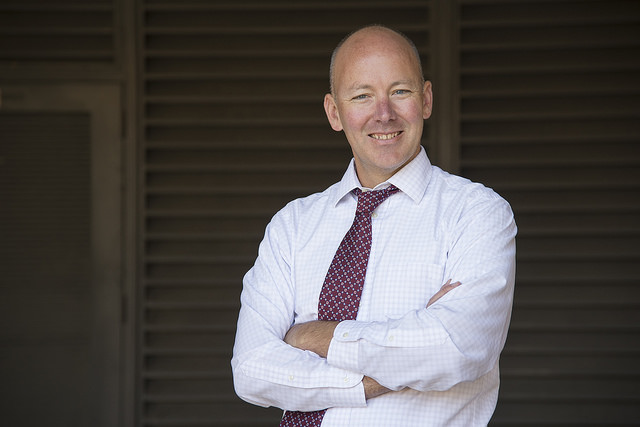A letter to freshman Christy
 Welcome to the Plains! Wow. As I write this, I am stunned in disbelief that graduation is less than a month away.
Welcome to the Plains! Wow. As I write this, I am stunned in disbelief that graduation is less than a month away.
These next four years will be some of the best times of your life. I know you are a little nervous. I also know you refuse to let anyone know that you feel out of place being from out of state.
Don’t worry.
That time will blow by quickly and you will be right at home. Below I have done my best to prepare you for some major times in your college career. Get ready, these four years are about to rock!
What to look forward to
First and foremost, you are going to meet your people. Alpha Gam will bring you some of the best humans to ever walk into your life.
 From trips to Orlando to Peanut Festivals to watching friends fall in love, this crew has been and will be there for the big, fun and hard times. Thank you Cragon, Hannah, Caris, Earles, Julia, Jennie and Madge. I love you all more than you know.
From trips to Orlando to Peanut Festivals to watching friends fall in love, this crew has been and will be there for the big, fun and hard times. Thank you Cragon, Hannah, Caris, Earles, Julia, Jennie and Madge. I love you all more than you know.
Next, the University Program Council will give you some of the coolest experiences as a college student. Once Sophomore year rolls around and you make it on the public relations committee for UPC, your life is changed forever.
You will go on to be director of that committee and meet Kesha, Nick Jonas, Nelly and more. You will strengthen your social media management and PR skills. However, most importantly, you will have the BEST assistant directors. These people will shape you, invest in you and help you grow. Plus, you get a lot of free t-shirts which is pretty great.
Lastly, you will find a passion for writing and a love for public relations. The classes you take, the projects you make and the professors that teach you will help prepare you for an amazing career.
What to prepare for
Let me start this section by saying, home is a little further than you think. An eight-hour drive to Orlando makes seeing family significantly harder. Thankfully technology makes it easier to keep in touch – use it often. Call mom and dad daily. Facetime with the babies. Call Nicole. I promise you’ll be happy you did.
 Next, you won’t always get what you want. Before this, everything came pretty easy for you. College is a different story. You will apply for positions and be denied. This part isn’t fun. However, it’s important. This will teach you to only apply for positions that you are passionate about. Don’t just try to be in something because it is cool. Take the opportunity to find where you belong and put your heart into that group.
Next, you won’t always get what you want. Before this, everything came pretty easy for you. College is a different story. You will apply for positions and be denied. This part isn’t fun. However, it’s important. This will teach you to only apply for positions that you are passionate about. Don’t just try to be in something because it is cool. Take the opportunity to find where you belong and put your heart into that group.
Last but not least, beware of Journalism Fundamentals and Style and Design. These two classes will be the hardest to get through. Start practicing spelling now and maybe teach yourself some Photoshop. You’ll be happy you did.
Things you don’t want to forget
- The Yellow House – This will be your home for your last two years at Auburn. Although it is slowly falling apart and occasionally infested with roaches, you’ll love this 100-year-old building with all your heart.
- Your 1st Peanut Festival – Be thankful for this spontaneous road trip with girls you barely know. The first Peanut Festival is the weekend your best friends will officially become friends. It is also the first time you will try cheese grits which may be more important and life-changing, but I’m not sure.
- Meeting Kesha & Nick Jonas – This concert will start your year as the director of PR for UPC. That position will give you some of your best friends, a lot of stress and experience that will prepare you for your career.
- Iron Bowls – From the Kick-6 to meeting Kaleb, Iron Bowls bring about defining and unforgettable moments in your life. Go tigers and War Eagle.
Get ready, Christy. Auburn is the best. I can’t describe how excited I am for you! Cherish it. I’ll see you in four years. War Eagle and happy collegeing!





















